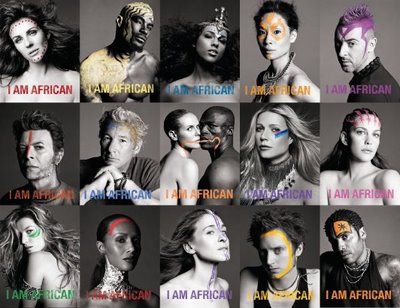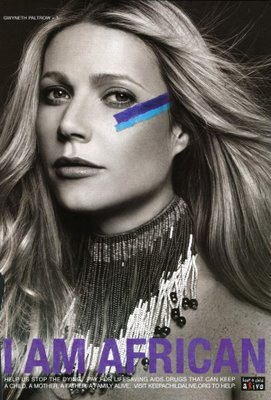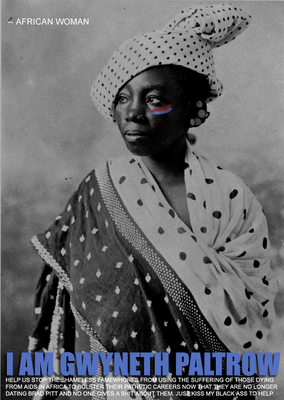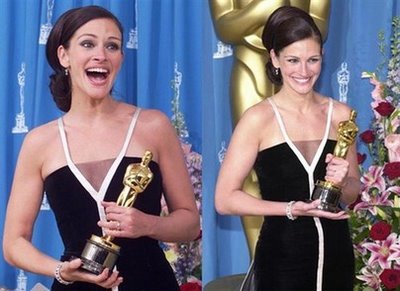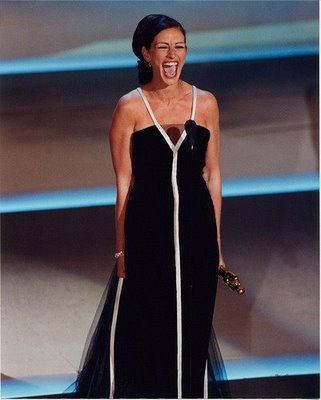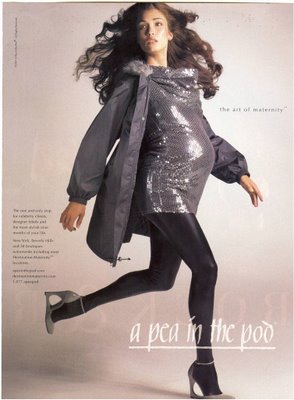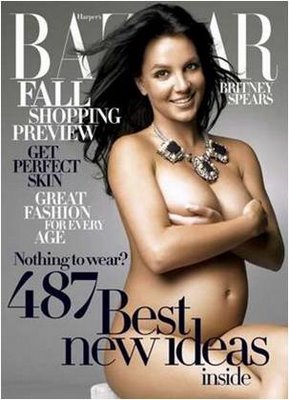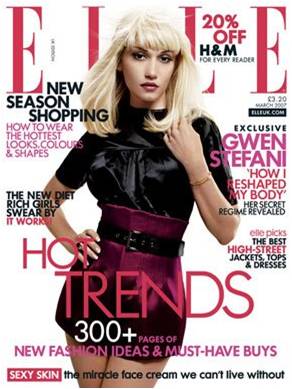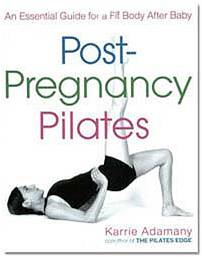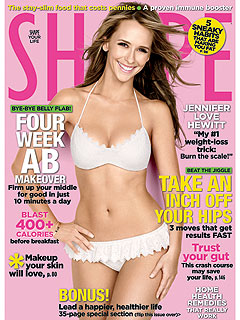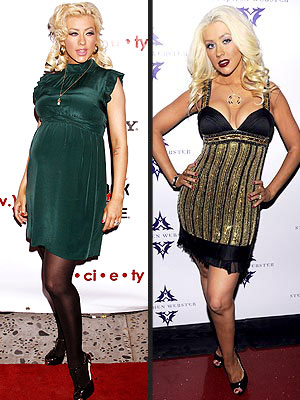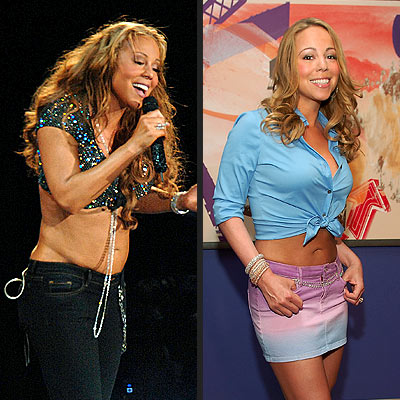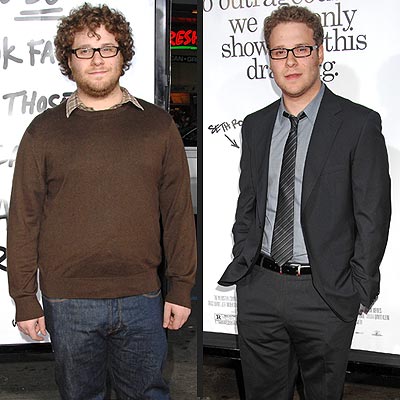How do we feel about this campaign, by Keep A Child Alive, to encourage people to donate money to Africa on the basis that we are all African? (Apparently we only care about ourselves, so if we suggest that Africa is ourselves, then we’ll donate?)
Do Americans, many of whom are white people with privilege based in race, class, and nation, get to claim Africa as theirs? Do white people now get to have blackness too? Is this insulting? Some people think so. Here is a larger version of the poster with Gwyneth Paltrow (scroll down for a response):
I borrowed this image from Blackademic.
NEW! Julie C. noticed that the Canadian Centre for Diversity put out a similar campaign. There’s something very interesting about it, but I’m having a hard time putting it into words. Click here to watch the short commercial. What do y’all think of it?

